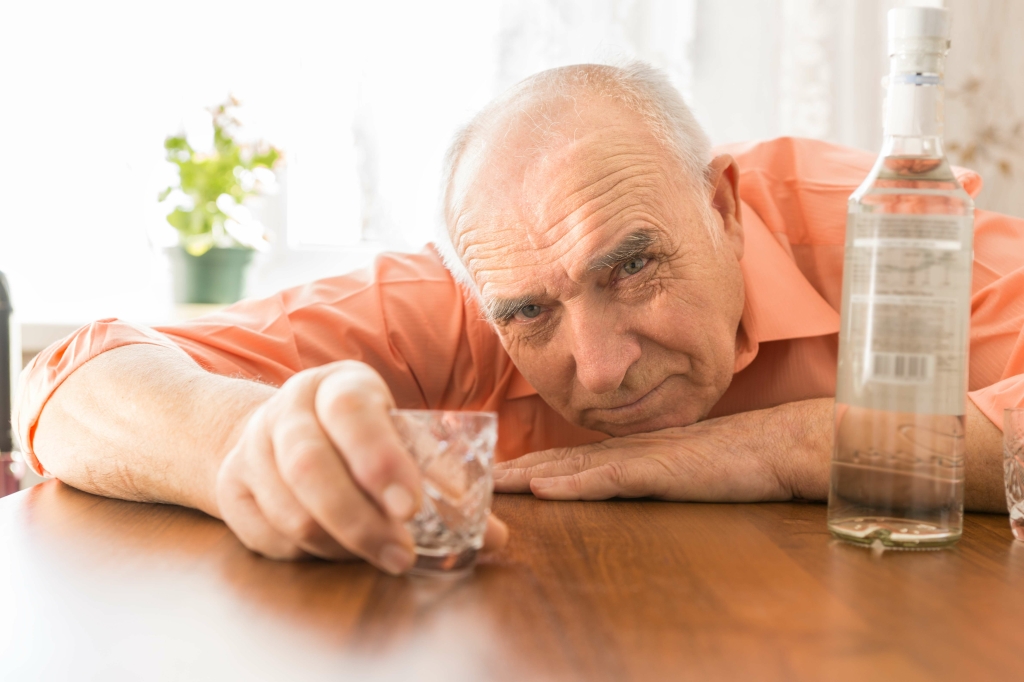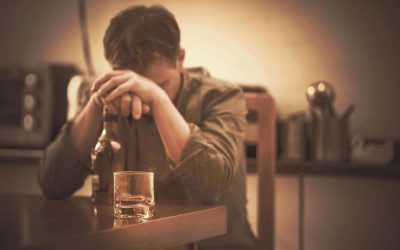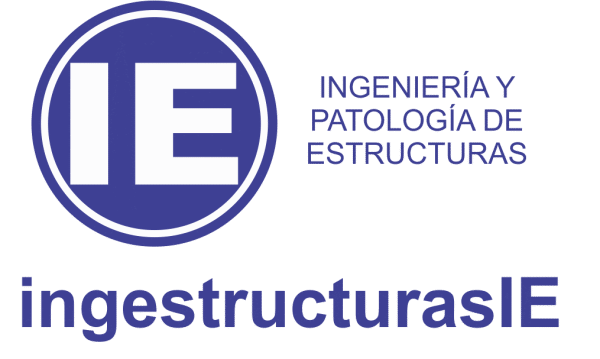Your candidate may give reasons why he need not follow all of the program. He may rebel at the thought of a drastic housecleaning which requires discussion with other people. Tell him you once felt as he does, but you doubt whether you would have made much progress had you not taken action. On your first visit tell him about the Fellowship of Alcoholics Anonymous.
- When followed as written in the Big Book and worked with a sponsor, the Twelve Steps have proven to be a powerful path to lasting sobriety and emotional healing.
- No material on this site is intended to be a substitute for professional medical advice, diagnosis or treatment.
- These fears can paralyze you, but God wants to set you free.
- For individuals struggling with addiction, this environment can exacerbate feelings of powerlessness, further hindering their recovery journey.
- Are there alternatives to AA that still offer support?
How Does Step 1 Align With the Disease Model of Addiction?
It invites us to break free from the chains of addiction and embrace a journey of hope, healing, and transformation. Watching yourself or a loved one struggle with alcohol use can be heartbreaking, especially when you see glimpses of who the person was and what they looked like. Maybe you’ve noticed changes in their energy, memory, or overall health, or perhaps you’re wondering if your own drinking habits have started taking a dangerous physical toll. No matter the case, understanding how and when the body recovers from alcohol use can provide clarity, hope, and a path forward.
We’re afraid we’ll feel empty or that we don’t know who we are if we aren’t getting drunk or high. Yet, as my sponsor has so often told me, fear is just false evidence appearing real. The truth is recovery introduces us to who we are and allows us to live the lives we were meant to live. A spiritual awakening, as described in the Big Book, is the internal shift that occurs as we work the steps—a complete transformation in our thinking, attitudes, and way of life. It’s not about perfection or enlightenment but the profound freedom that comes from being freed from the obsession to drink or use. It asks us to get honest powerless over alcohol examples with ourselves about the grip addiction has on our lives.
How to Maintain Long-Term Recovery From Addiction

After becoming entirely ready to let go of our defects of character in Step 6, this step calls us to take direct action by asking God to remove the patterns that no longer serve us. It’s a moment of surrender where we trust that real change happens not by self-will but through spiritual growth. Working Step 5 effectively means sharing amphetamine addiction treatment your moral inventory with someone who understands the process.
Secure your assets with ProfitGrove AI’s encryption and safeguards official website
Step 10, 11 & 12 – Spiritual Awakening and Serving Others
If you follow the steps in the Big Book, you can be in a place where you’re not white-knuckling it to be sober. When one says “recovering,” they are not “recovered.” When someone says “recovering,” it indicates that they are constantly in a state of fighting alcoholism. As a result, alcoholism was considered an illness in 1956 by the American Medical Association. Although their consequences might be different, alcoholism will affect every alcoholic the same. Step 1 is often the hardest, but it’s also the most freeing. Admitting powerlessness is the beginning of empowerment.
After overcoming homelessness and drug addiction, Adam found his life’s purpose in helping addicts find the same freedom he found. Alcoholics Anonymous teaches us to turn to a higher power, however we define it, for strength and guidance. This isn’t about religious beliefs; it’s about finding a source of hope greater than our addiction. Whether through AA meetings, support groups like Al-Anon, or personal practices, connecting with a higher power brings clarity and peace, breaking the cycle of addiction. The 1st Step is the foundation for all spiritual solutions in twelve-step recovery.
Program Reviews
Empowerment in the recovery journey involves understanding that addiction is a disease, not a character flaw. This perspective emphasizes that addiction alters brain chemistry, diminishing self-control and making it difficult to resist cravings. While some are partially true, the overall motive or meaning is nonsense. This idea helps no one and offers excuses to continue using. Addiction treatment centers often talk about “powerless” as a way to describe the feeling of being unable to control one’s life.
These systemic injustices are often reflected in workplaces and social structures, where power imbalances are prevalent. Recognizing and addressing these power dynamics is crucial. By acknowledging power imbalances, individuals can work towards fostering equitable relationships. This process involves tackling issues such as avoidance and aggression, which can arise from fear and shame. Alcoholics Anonymous does not require that you define “Power” using religious terms. All you need to do is admit that Power overcomes powerlessness.
- Sober Speak is a recovery-focused podcast and online community dedicated to sharing people’s experiences, strengths, and hope in long-term sobriety and early recovery.
- Though the addict in your family may refuse to get treatment, you can find freedom and hope by attending regular counseling sessions.
- Painful as it may be, own it, get back up and try again.
- Rock bottom is the moment we have to admit to ourselves that we are powerless over our alcohol abuse disorder.
- If you have a loved one who is addicted to alcohol, you deal with many frustrations and fears every day.
- Whenever you want to, you control our drinking.
- It takes all of your willpower to start this journey and see it through to the end.
- At that point, you may discover it’s easy to move on to Step 2 of AA—and all the ones that follow.
Recovery is possible, and healing can transform your mind, body, and spirit. At Enlightened https://ecosoberhouse.com/ Recovery, we offer a holistic, 12-step inspired, clinically proven program for alcoholism and co-occurring disorders. Individuals struggling with this condition often find themselves powerless over alcohol, which can lead to a host of serious health issues both physical and mental health. What is a harm reduction approach to quitting alcohol? Harm reduction focuses on reducing the negative impacts of alcohol use, rather than enforcing total abstinence.
What often takes place in a few months could seldom have been accomplished by years of self-discipline. With few exceptions our members find that they have tapped an unsuspected inner resource which they presently identify with their own conception of a Power greater than themselves. If you desire to help it might be well to disregard your own drinking, or lack of it. Whether you are a hard drinker, a moderate drinker or a teetotaler, you may have some pretty strong opinions, perhaps prejudices. Those who drink moderately may be more annoyed with an alcoholic than a total abstainer would be. As a moderate drinker, you can take your liquor or leave it alone.


Making the choice to admit things have gotten out of control is the first step to taking the control back from alcohol. In this context, powerlessness refers to being without ability or influence. In other words, what has the greatest influence over you is alcohol. You have become powerless, or surrendered power, to it.
He first had me think about all the things I lost due to my alcohol or drug use. So I did, and while I was mentally compiling that list I thought, “Damn, could all of this hurt and pain have been avoided if I had not been drinking or high? However, even though I had all these terrible things going on, I continued to drink thinking it’s not that bad or it would get better. This is the powerless aspect of the disease – I was powerless over whether I drank or used. I know you don’t believe what I am saying, but trust me when I say if my life then was better than my life now, I would still be drinking!

